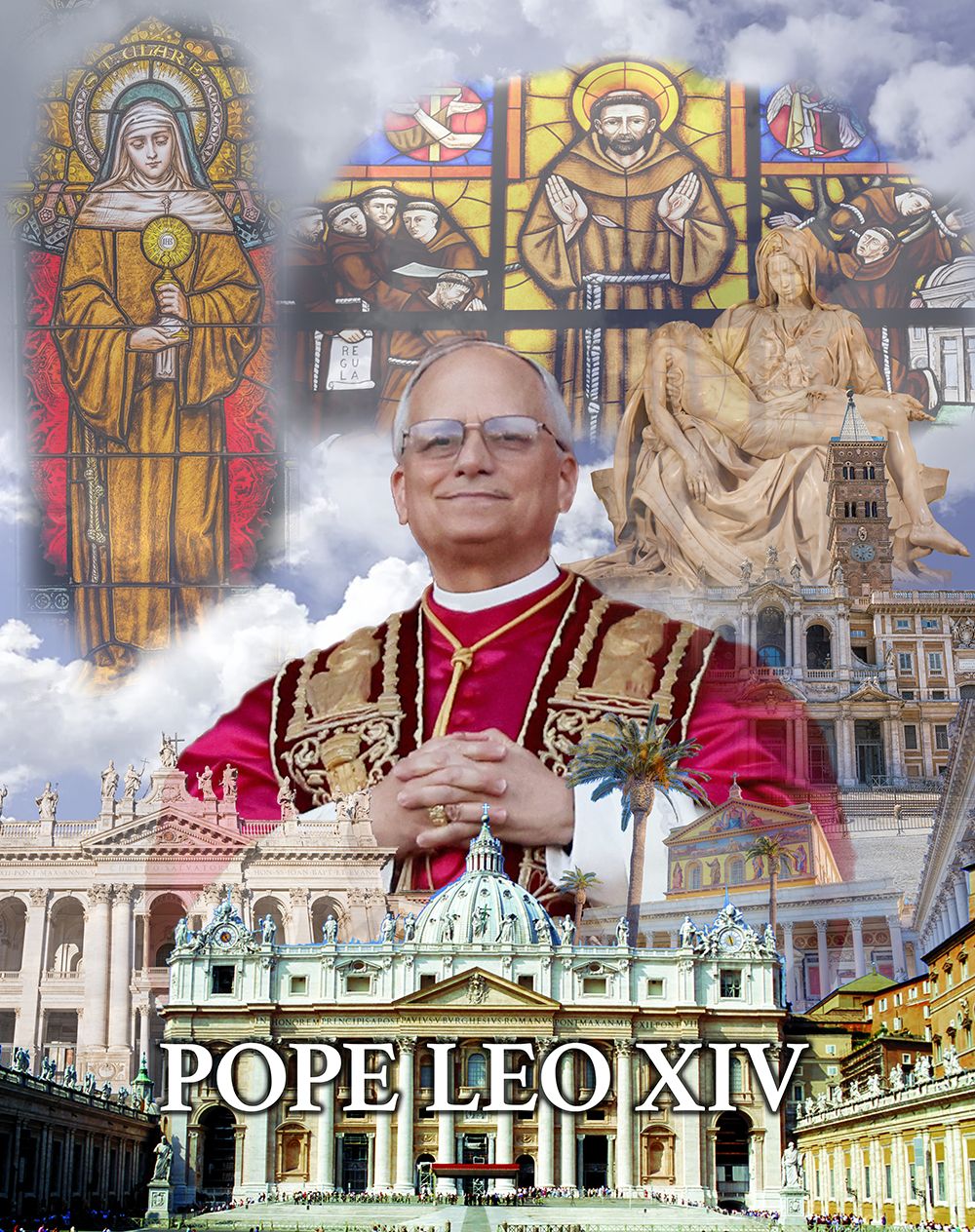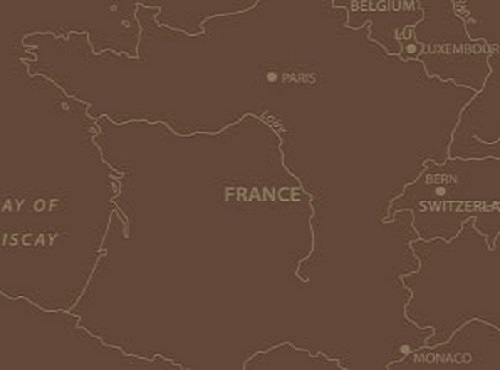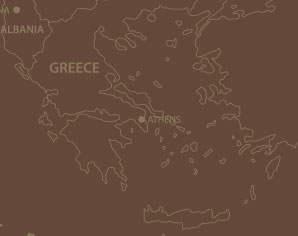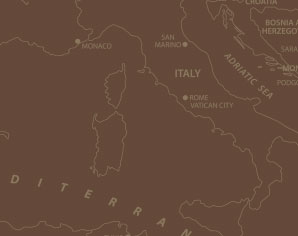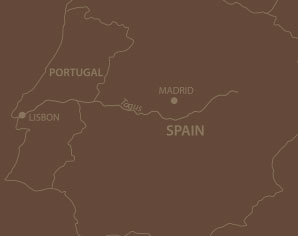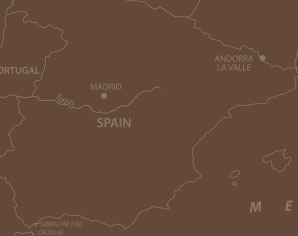
The Leaders in High Quality Custom Catholic Pilgrimages.
Since 1957, Unitours has a history of leading pilgrimage to Italy, Israel, France, Portugal, and other parts of the world, as well as Special Events. Our experience with religious leaders and parishioners has given us the understanding that a pilgrimage is not just another tour.
Our tour professionals involve themselves in every detail of the planning and execution of your trip, including the appropriate places to go, the best places to stay and the most interesting sights to see. You can be confident that our experienced staff and partners, located throughout the world, will be with your group every step of the way.
The Unitours Difference
At Unitours, we have an unwavering commitment to provide the best values available. We know that comfort and peace of mind are as important as price when it comes to selecting transportation, accommodations or creating itineraries. We don’t cut corners using circuitous routes, inconvenient facilities or unestablished carriers just to get cheap prices. Instead, we use our 6 decades of experience, as well as our exceptional purchasing power, to provide your group with the very most for their travel dollar.” The end result is a well-planned, well-run pilgrimage tour that will be remembered fondly by all.
Current Pilgrimages by Country








Special Events & Pilgrimages
Video of one of our pilgrims having his
Zucchetto blessed by Pope Francis
Holy Year of Hope 2025
Holy years also are a time when Catholics visit designated churches and pass through “Holy Doors”, visit shrines and tombs, recite special prayers, go to reconciliation and receive Holy Eucharist to receive a plenary indulgence, which is a remission of the temporal punishment due for a loved one's sins.
LEARN MORE
